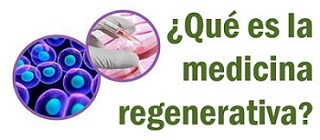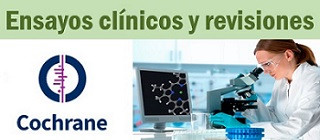Journal of Hematology & Oncology 2011, 4:24 doi:10.1186/1756-8722-4-24
Andrea L George (andrea_george@nymc.edu)
Pradeep Bangalore-Prakash (prads_bp@yahoo.co.in)
Shilpi Rajoria (shilpi_rajoria@nymc.edu)
Robert Suriano (robert_suriano@nymc.edu)
Arulkumaran Shanmugam (arul_shanmugam@nymc.edu)
Abraham Mittelman (mittens4@aol.com)
Raj K Tiwari (raj_tiwari@nymc.edu)
Abstract
Endothelial progenitor cells are increasingly being studied in various diseases
ranging from ischemia, diabetic retinopathy, and in cancer. The discovery that these
cells can be mobilized from their bone marrow niche to sites of inflammation and
tumor to induce neovasculogenesis has afforded a novel opportunity to understand the
tissue microenvironment and specific cell-cell interactive pathways. This review
provides a comprehensive up-to-date understanding of the physiological function and
therapeutic utility of these cells. The emphasis is on the systemic factors that
modulate their differentiation/mobilization and survival and presents the challenges of
its potential therapeutic clinical utility as a diagnostic and prognostic reagent.
Potential Clinical Applications for Human Pluripotent Stem Cell-Derived Blood Components.
Complete Special IssueStem Cells InternationalVolume 2011 (2011), Article ID 273076, 11 pagesdoi:10.4061/2011/273076
Abstract
The ability of human embryonic stem cells (hESCs) and induced pluripotent stem cells (iPSCs) to divide indefinitely without losing pluripotency and to theoretically differentiate into any cell type in the body makes them highly attractive cell sources for large scale regenerative medicine purposes. The current use of adult stem cell-derived products in hematologic intervention sets an important precedent and provides a guide for developing hESC/iPSC based therapies for the blood system. In this review, we highlight biological functions of mature cells of the blood, clinical conditions requiring the transfusion or stimulation of these cells, and the potential for hESC/iPSC-derivatives to serve as functional replacements. Many researchers have already been able to differentiate hESCs and/or iPSCs into specific mature blood cell types. For example, hESC-derived red blood cells and platelets are functional in tasks such as oxygen delivery and blood clotting, respectively and may be able to serve as substitutes for their donor-derived counterparts in emergencies. hESC-derived dendritic cells are functional in antigen-presentation and may be used as off-the-shelf vaccine therapies to stimulate antigen-specific immune responses against cancer cells. However, in vitro differentiation systems used to generate these cells will need further optimization before hESC/iPSC-derived blood components can be used clinically.
Articulo completo a través del HINARI




